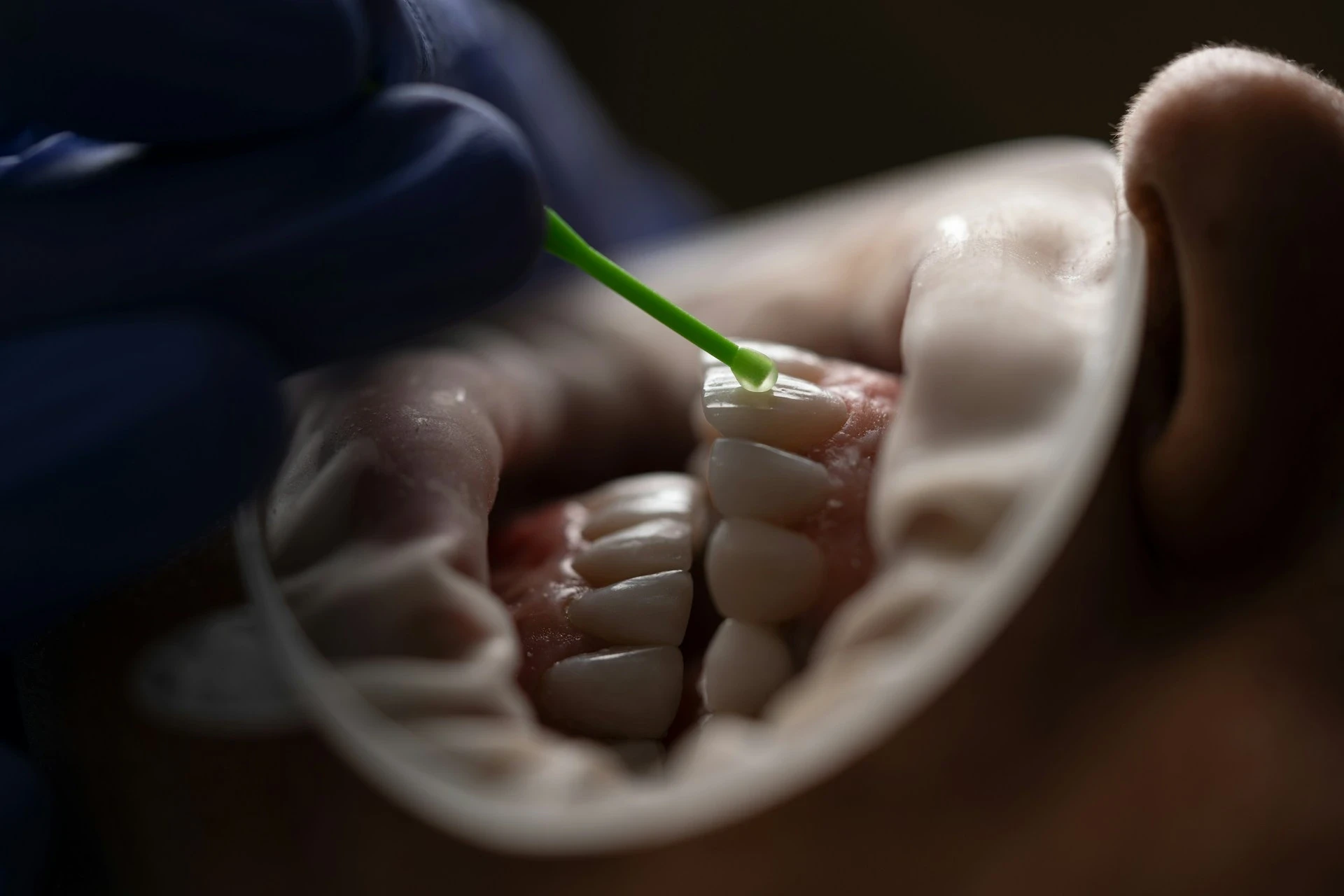Mar 9, 2024
How to Maintain Healthy Gums: Tips for Preventing Gum Disease
Introduction
Healthy gums are the foundation of a healthy smile. Gum disease, also known as periodontal disease, is one of the leading causes of tooth loss, yet it’s largely preventable with proper care. In this blog, we’ll discuss the importance of gum health, common signs of gum disease, and effective strategies to keep your gums healthy and strong.
What is Gum Disease?
Gum disease begins with the accumulation of plaque—a sticky, colorless film of bacteria that forms on your teeth and gums. If plaque is not removed through regular brushing and flossing, it hardens into tartar, which can lead to inflammation of the gums (gingivitis). If left untreated, gingivitis can progress to periodontitis, a more severe form of gum disease that can cause tooth loss.
Signs of Gum Disease
Gum disease often starts without noticeable symptoms, which is why regular checkups are so important. Early signs of gum disease include:
Bleeding gums when brushing or flossing.
Swollen or red gums that may feel tender.
Persistent bad breath or a bad taste in the mouth.
Receding gums, making teeth appear longer.
Loose teeth or a change in the way your teeth fit together.
If you experience any of these symptoms, it’s essential to visit your dentist promptly to prevent further damage.
Tips for Healthy Gums
Maintaining healthy gums starts with good oral hygiene. Here are some key tips:
Brush twice a day: Use fluoride toothpaste and a soft-bristled toothbrush. Pay attention to your gum line, where plaque tends to accumulate.
Floss daily: Flossing removes plaque and food particles from between your teeth and along the gum line, areas your toothbrush can't reach.
Use an antimicrobial mouthwash: Mouthwash can help kill harmful bacteria that cause gum disease and promote fresh breath.
Eat a balanced diet: Foods rich in vitamins, such as fruits and vegetables, can help keep your gums healthy. Avoid excessive sugar, which feeds bacteria that cause gum disease.
The Role of Nutrition in Gum Health
Your diet plays a significant role in the health of your gums. Vitamin C, found in citrus fruits, strawberries, and leafy greens, is essential for gum health. It helps strengthen the gums and protects against infection. Omega-3 fatty acids, found in fish and flaxseeds, can also help reduce inflammation and improve gum health. Drinking plenty of water throughout the day is also important to wash away food particles and bacteria.
Conclusion
Healthy gums are the foundation for a healthy smile. By following a solid oral care routine, eating a nutritious diet, and visiting your dentist regularly, you can keep gum disease at bay and maintain strong, vibrant gums for life.




